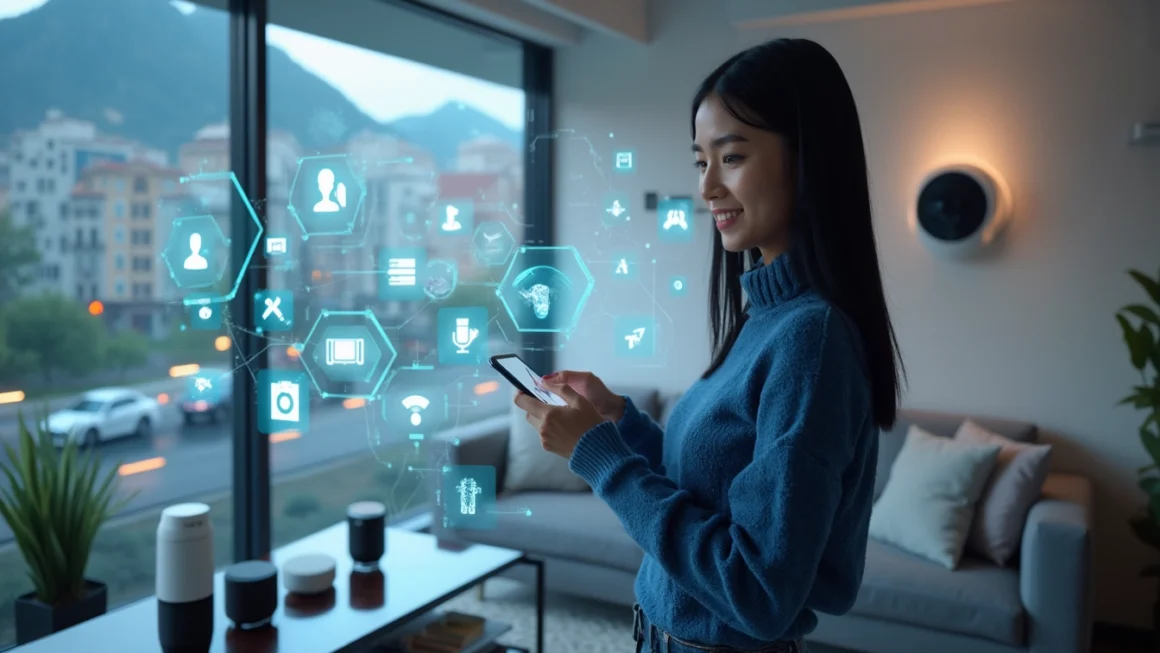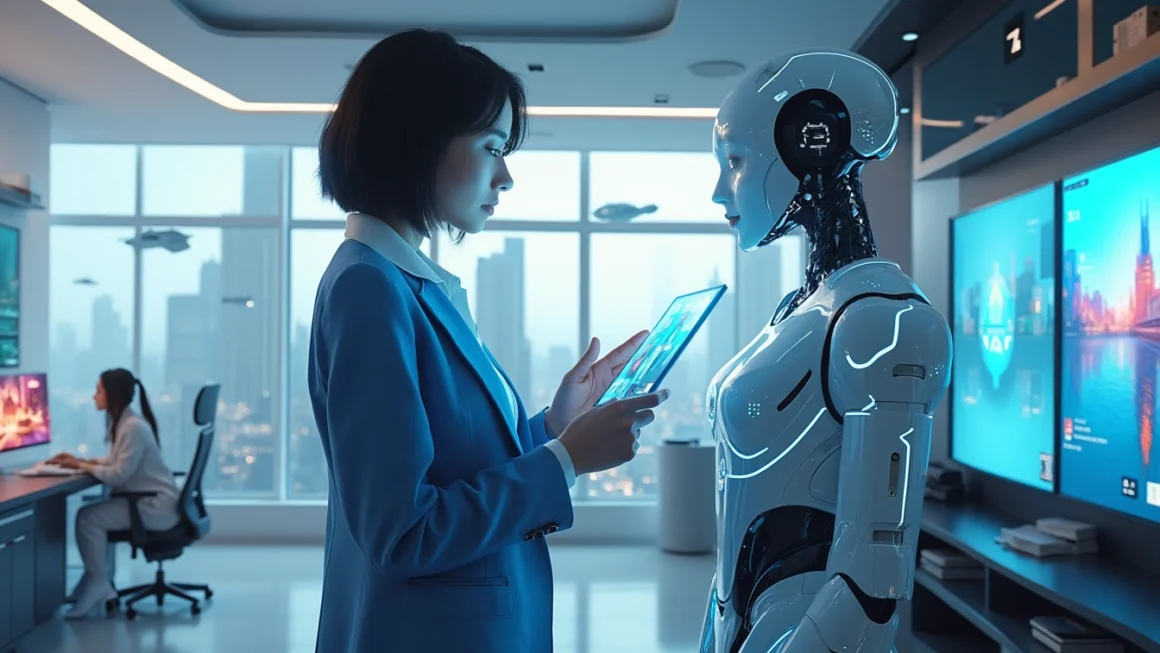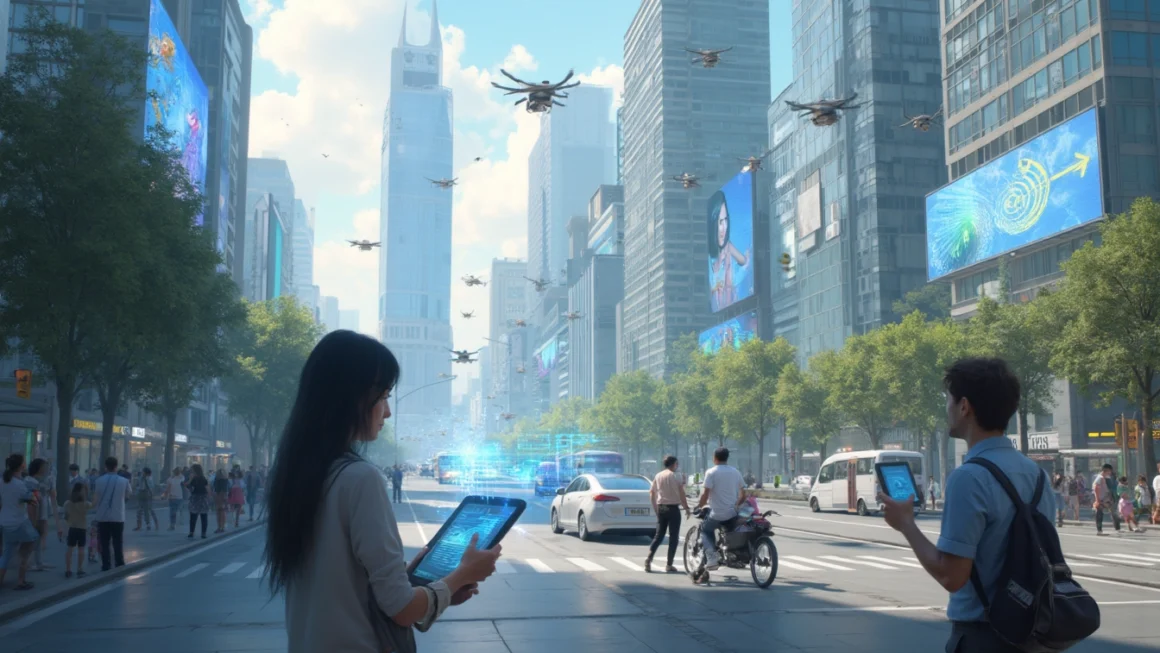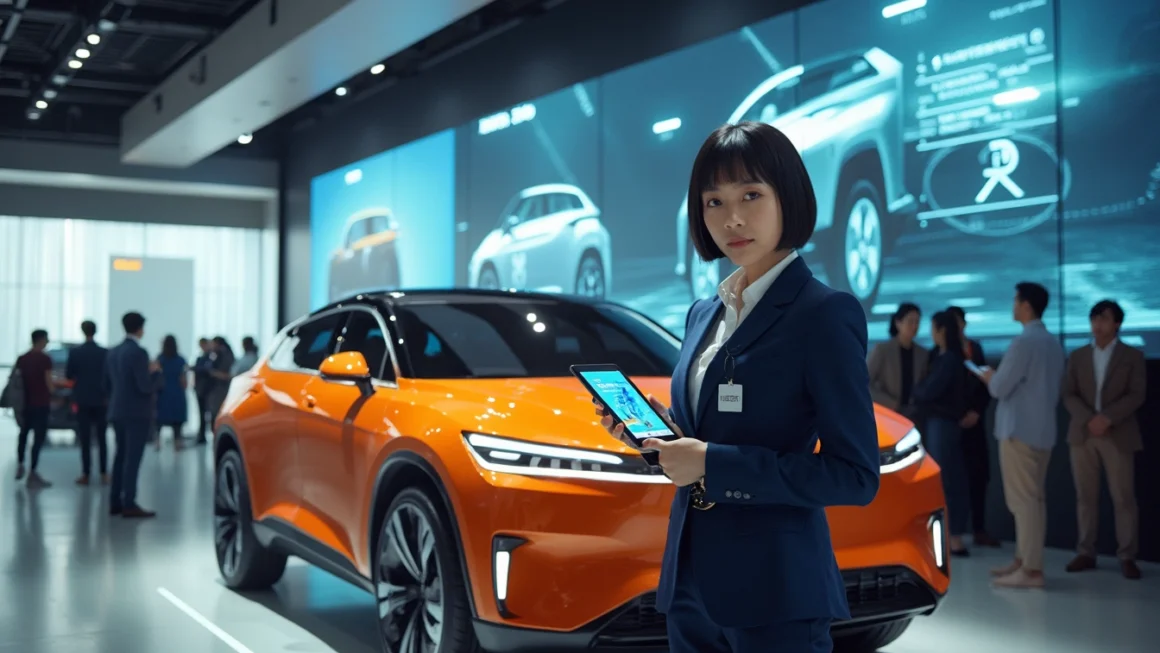The Rise of AI in Everyday Life
Table of Contents
Artificial Intelligence (AI) is no longer confined to science fiction or research labs. It’s rapidly becoming an integral part of our daily lives, revolutionizing how we work, communicate, and even entertain ourselves. From smartphones to smart homes, AI is silently shaping our world in ways both obvious and subtle.
AI in Your Pocket
One of the most immediate ways we interact with AI is through our smartphones. Virtual assistants like Siri, Google Assistant, and Alexa use natural language processing to understand and respond to our queries. These AI-powered helpers can set reminders, answer questions, and even control smart home devices, all through voice commands.
Transforming the Workplace
In the professional sphere, AI is streamlining operations and boosting productivity. Automated email filters, predictive text, and AI-powered scheduling tools are just a few examples of how artificial intelligence is making our work lives easier. For those looking to further optimize their workflow, automation platforms can help integrate AI capabilities into various business processes.
AI in Healthcare
The healthcare industry is experiencing a significant transformation thanks to AI. Machine learning algorithms are assisting in early disease detection, drug discovery, and personalized treatment plans. AI-powered robots are even assisting in surgeries, enhancing precision and reducing recovery times.
Revolutionizing Transportation
Self-driving cars, once a distant dream, are now becoming a reality. AI algorithms process vast amounts of data from sensors and cameras to navigate roads safely. While fully autonomous vehicles are still in development, many current car models already incorporate AI features like adaptive cruise control and lane-keeping assistance.
AI in Entertainment
The entertainment industry has embraced AI to enhance user experiences. Streaming services use machine learning algorithms to recommend content based on viewing habits. Video games employ AI to create more realistic non-player characters and dynamic environments. Even music composition is being influenced by AI, with algorithms capable of creating original melodies.
Smart Homes and IoT
The Internet of Things (IoT) is bringing AI into our homes. Smart thermostats learn our temperature preferences, while AI-powered security systems can distinguish between residents and intruders. Voice-controlled smart speakers act as central hubs, allowing us to control various devices with simple commands.
AI in Education
Education is another sector benefiting from AI advancements. Adaptive learning platforms use AI to personalize educational content based on a student’s performance and learning style. AI-powered tutoring systems can provide instant feedback and support, supplementing traditional teaching methods.
The Future of AI
As AI continues to evolve, we can expect even more integration into our daily lives. From more sophisticated virtual assistants to AI-powered personal health monitors, the possibilities are endless. However, this rapid advancement also raises important questions about privacy, job displacement, and the ethical use of AI.
Challenges and Considerations
While the benefits of AI are numerous, it’s crucial to address potential challenges. Privacy concerns, data security, and the need for transparent AI decision-making processes are all important issues that need ongoing attention. Additionally, as AI takes over more tasks, society must adapt to ensure that human skills remain valuable in the job market.
Conclusion
Artificial Intelligence has moved beyond the realm of science fiction and is now a tangible part of our everyday lives. From the moment we wake up to our smartphone alarms to the time we stream our favorite shows before bed, AI is there, working behind the scenes to make our lives more convenient and efficient. As we continue to embrace these technological advancements, it’s important to stay informed about both the possibilities and the challenges that AI brings to our society. The future of AI is not just about smarter machines, but about how we as humans adapt and grow alongside this transformative technology.




